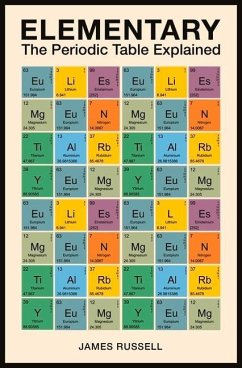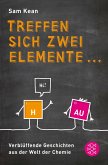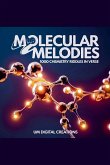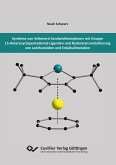The periodic table, created in the early 1860s by Russian chemist Dmitri Mendeleev, marked one of the most extraordinary advances in modern chemistry. This basic visual aid helped scientists to gain a deeper understanding of what chemical elements really were: and, astonishingly, it also correctly predicted the properties of elements that hadn't been discovered at the time. Here, in the authoritative Elementary, James Russell uses his lively, accessible and engaging narrative to tell the story behind all the elements we now know about. From learning about the creation of the first three elements, hydrogen, lithium and helium, in the big bang, through to oxygen and carbon, which sustain life on earth - along with the many weird and wonderful uses of elements as varied as fluorine, arsenic, krypton and einsteinium - even the most unscientifically minded will be enthralled by this fascinating subject. Russell compellingly details these most basic building blocks of the universe, and the people who identified, isolated and even created them.
Hinweis: Dieser Artikel kann nur an eine deutsche Lieferadresse ausgeliefert werden.
Hinweis: Dieser Artikel kann nur an eine deutsche Lieferadresse ausgeliefert werden.








